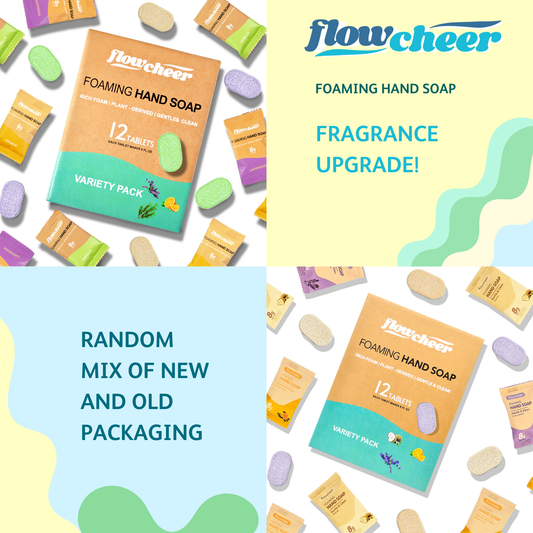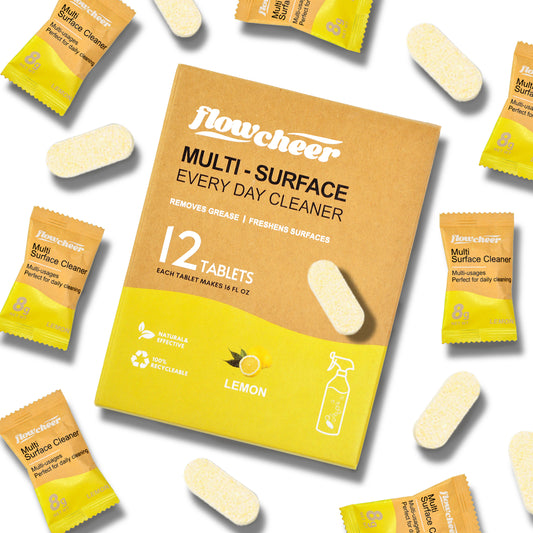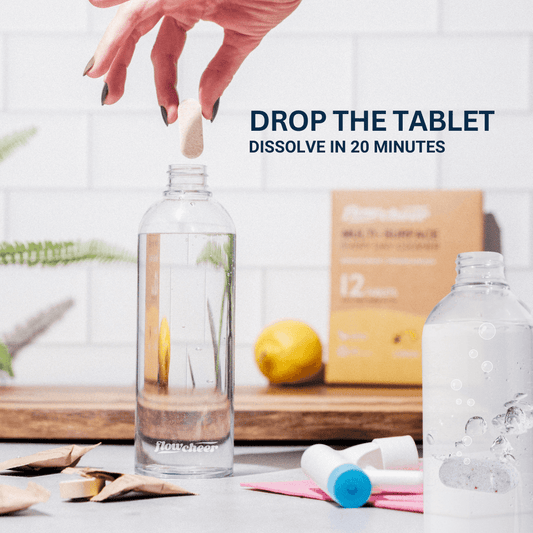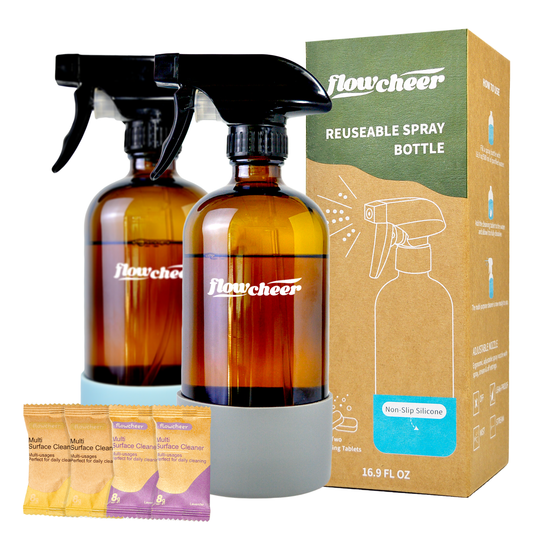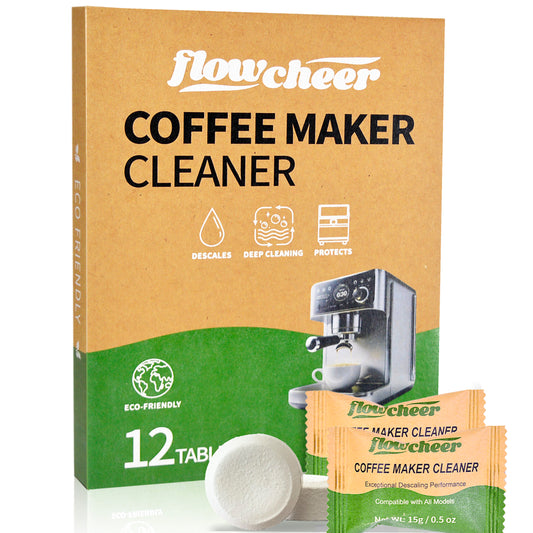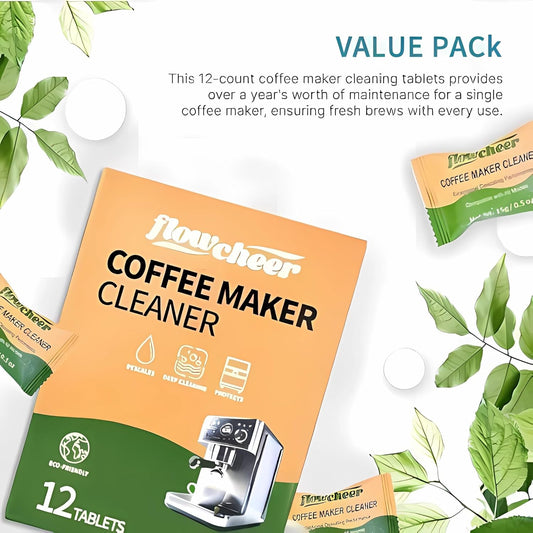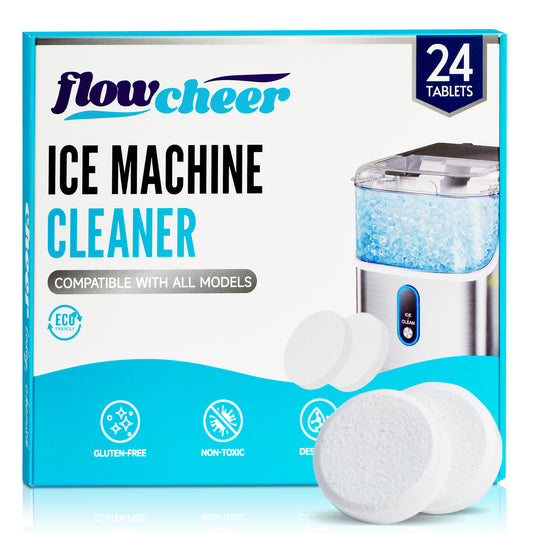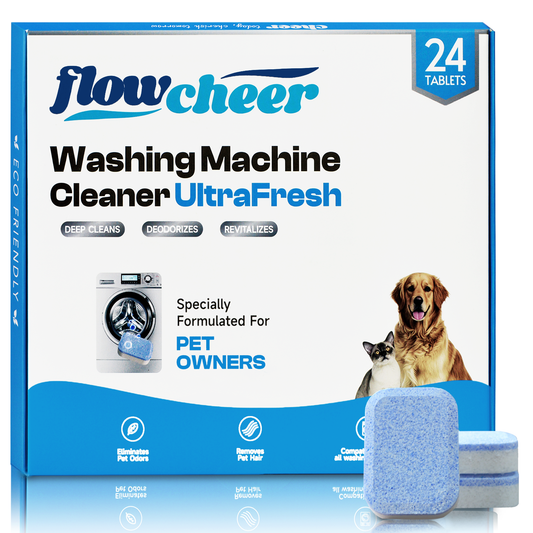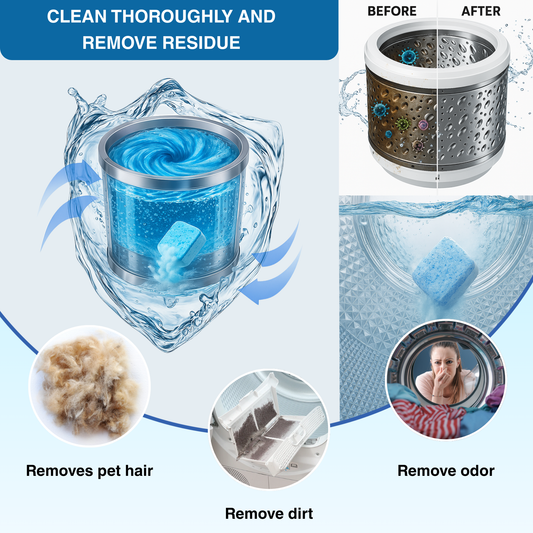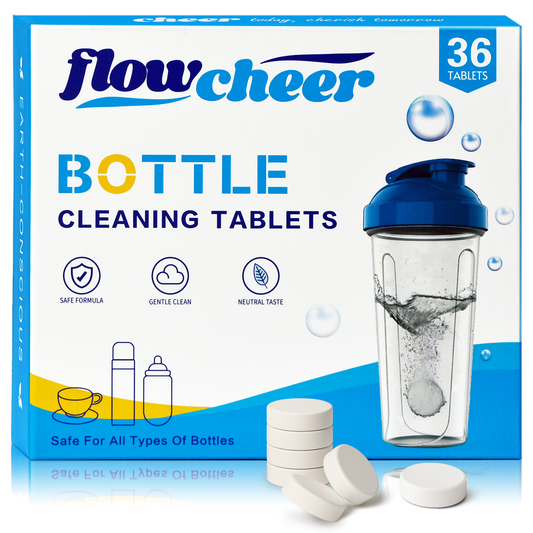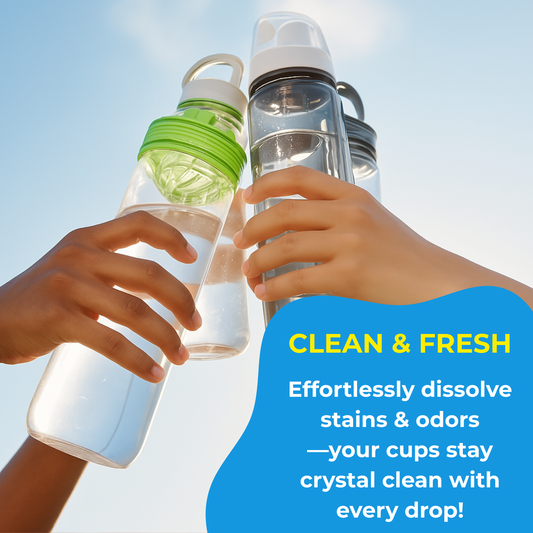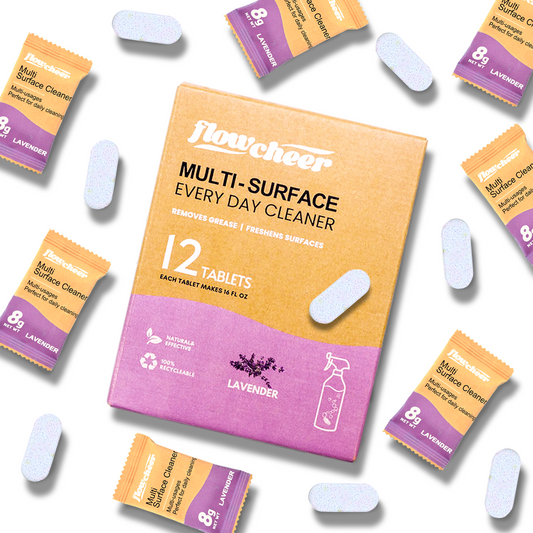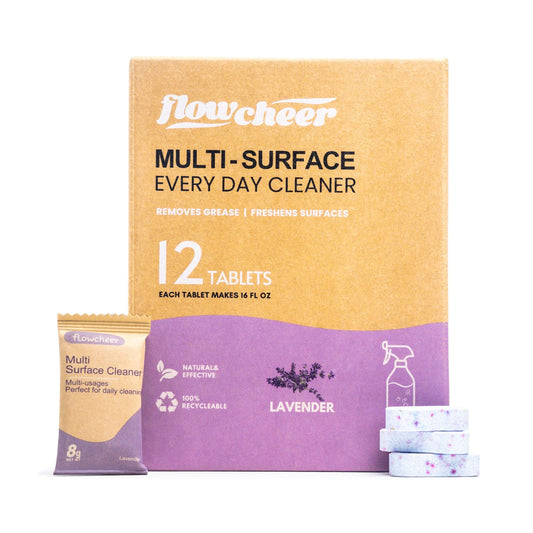As we all know, most of the plastic products and packaging we use end up in the ocean. But what you may not know is that another major source of pollution is our clothes.
Polyester, nylon, acrylic, and other synthetic fibers—all of these contain plastic materials. These materials now make up about 60% of global clothing materials. Synthetic plastic fibers are cheap and versatile, providing elasticity and breathability for activewear and warmth and durability for winter clothing.
These fibers contribute to ocean plastic pollution in a subtle but widespread way: the fabrics they create and synthetic-natural blends simply shed into the environment through washing. Estimates vary, but it's possible that a single laundry load can release hundreds of thousands of fibers from our clothes into the wastewater system.(Information taken from)
These tiny fibers, measuring less than 5 millimeters in length, find their way to the oceans in various pathways. There, they add to the accumulation of microplastic pollution in the food chain and are ingested by marine wildlife and even by us.
Furthermore, plastic packaging of laundry detergents is a significant contributor to ocean pollution.

The conventional laundry products we use daily, such as laundry powder and liquid, commonly come in plastic packaging. It's worth noting that over 8 million tons of plastic waste enter the oceans through various pathways each year, and these packaging materials are part of that. Under the sun's exposure, they break down into small fragments through wind and waves, and marine organisms mistake them for food, ultimately leading to their death.
Incomplete statistics suggest that approximately 15 million marine animals die each year due to plastic waste. What's even worse is that these marine debris enter our bodies through the food chain, posing a threat to our health.
Consider how many people wash clothes every day, how many clothes we have, and how much laundry product we consume. Globally, efforts are currently being made to reduce the use of some of the most common plastic waste products, such as plastic cups and shopping bags. As we seek to address the overall issue of plastic pollution, we need to recognize that our everyday laundry process is part of the problem and should be part of the solution.
So, what can we do?
There is a simple solution to address the issue of plastic shedding from our clothes: purchase clothing made of natural fibers and reduce unnecessary clothing waste. Additionally, we can start by choosing eco-friendly and plastic-free cleaning products as alternatives to traditional laundry products with plastic packaging.
You can try FLOWCHEER laundry sheets, which come in eco-friendly cardboard packaging that is biodegradable and harmless to the environment. Choose FLOWCHEER and embrace an environmentally friendly lifestyle while protecting our planet!
To learn more about eco-friendly living and adopt an environmentally conscious lifestyle, visit: https://www.flowcheer.life



